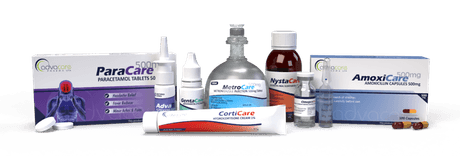What is the meaning of Antimalarials?
Antimalarials prevent and treat malaria, a potentially life-threatening parasitic disease caused by plasmodium parasites transmitted through the bite of infected mosquitoes. Antimalarial drugs target various stages of the plasmodium parasite life cycle or reduce the number of parasites in the blood.
The effectiveness of malaria treatments varies depending on the specific drug and the type of plasmodium causing the infection. However, they have been shown to significantly reduce the risk of contracting malaria and improve survival rates in individuals with severe or complicated cases.
Antimalarial medications are mainly used in endemic areas of Africa, Asia, and South America where malaria is prevalent, and by travelers to these regions to prevent infection. Additionally, some antimalarial medicines may have other uses, such as treating certain autoimmune diseases.


